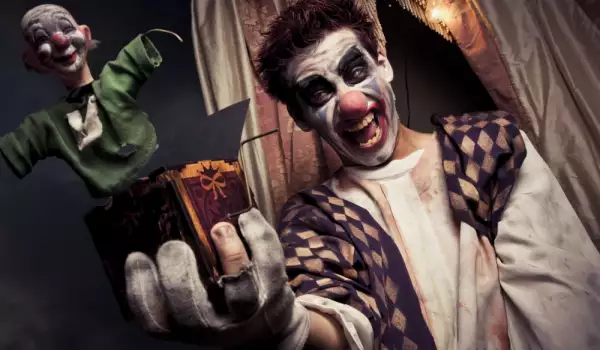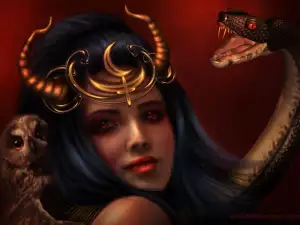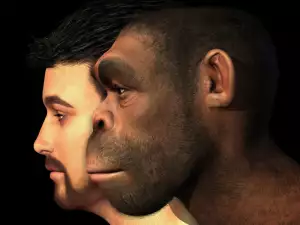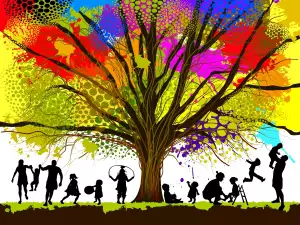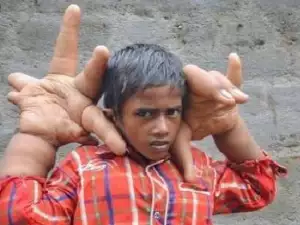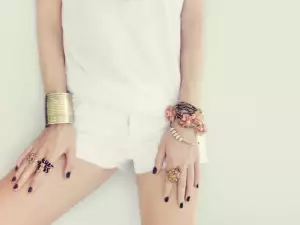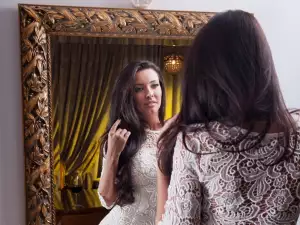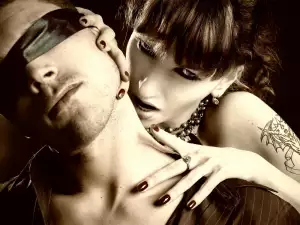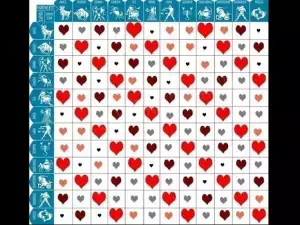Clowns are meant to be fun, to bring joy and glee. But for millions of people, they are absolutely horrifying. Their seemingly frozen smile instills nothing other than pure terror.
Even among the list of phobias, there's a specially reserved spot for the fear of clowns. The condition is called Coulrophobia. Despite not necessarily suffering from this phobia, a vast number of people find clowns to be menacing.
Have you ever thought about why that is? Logically speaking, a clown is simply a person with way too much makeup, silly clothes and a red ball for a nose. Here are several psychological reasons for the fear of clowns.
1. The Painted Smile
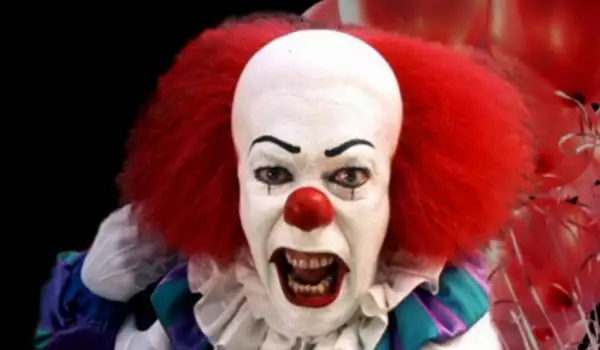
There's something unnatural about the fact that clowns are always smiling. We all know that their smile is nothing more than red paint but it is difficult to determine what they are actually feeling with the permanent smile masking their features.
Psychologists explain that people don't trust clowns since they are unable to tell whether the person underneath the makeup is happy or not. The smile makes them feel uncomfortable. As social creatures, we are used to reading the emotions of others, yet we are unable to do this with clowns, which is why they impress distrust, irritation, and quite often - fear.
2. Unpredictable and Untrustworthy
Part of a clown's repertoire is his unpredictability. We never really know what they'll do next. When we're around them, we may become the focal point of their jokes at any given moment.
Normally, humans flourish in their daily life when they stick to their routine. However, when it is disrupted, they begin to feel psychological stress and anxiety. As such, interactions with clowns tends to be frightening and irritating.
3. Mass Hysteria
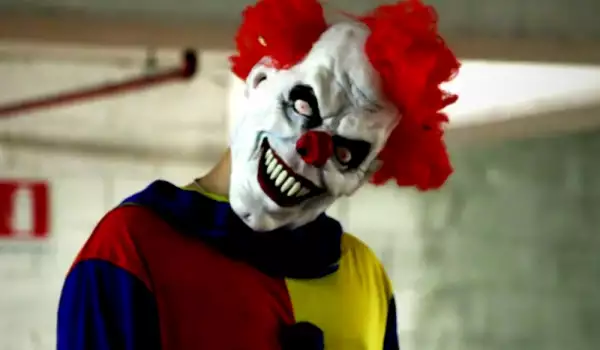
Clowns have always been creepy but in 2016 they solidified their menacing image with the rise of the killer clown craze, with the whole world talking about the clown hysteria.
There's been more and more reports of people dressed up as clowns doing strange and disturbing things in cities around the world. Clown pranks and "attacks" became so commonplace that they were labeled as terrorist attacks. The media's focus on the dozens of attacks contributed to their turning into a worldwide mass hysteria.
4. Pop Culture
There was some fear of clowns until the beginning of the 70s but it wasn't widespread. After the release of Stephen King's novel "It", then subsequently the movie "Poltergeist" and the film version of "It", this fear spread worldwide. It is because of these works that many people associate clowns with the malicious creatures in them. In the 90s, King was even labeled as the most hated man by the World Clown Association.
